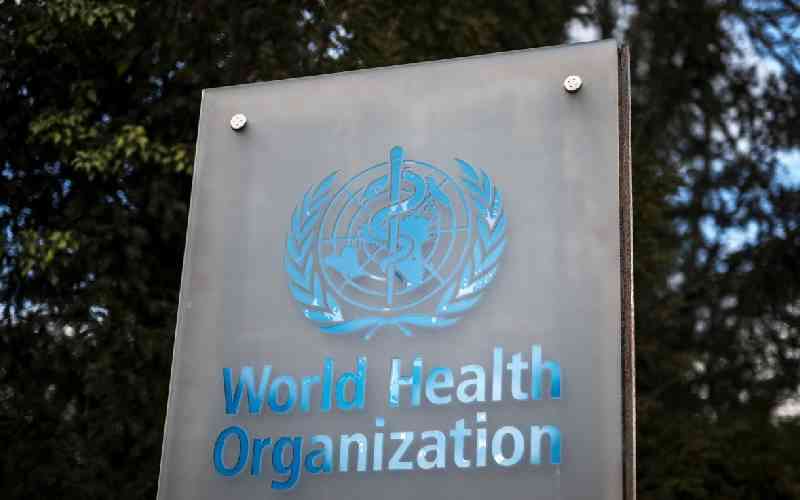A declaration by the World Health Organisation that when breastfeeding is not an option, the donated human milk as a lifesaving alternative has been received positively by the Pumwani Maternity Hospital in Nairobi.
This follows the launch of Human Milk Bank which makes it the leading regional facility in embracing investment in human milk bank to improve the health of infants. After having been selected as the site for a pilot for HMB due to the high number of child mortalities which were recorded in the hospital; Pumwani is now among the over 600 human milk banks globally and the first in the East and Central African region.
The human milk bank, which started operating April is set to provide milk for children who cannot be breastfed properly.
According to Nairobi County Nutrition Coordinator Esther Mogusu, the process of establishing human milk banking in Kenya started in 2016 in two phases. It was being spearheaded by the NGO PATH, in partnership with APHRC and Kenya’s Ministry of Health, among other partners.
“The phase one was the assessment of people’s perceptions and acceptability of using donated human milk. The other factor was the feasibility of setting up set a bank up. About 90 per cent of participants were positive about it, 80 per cent would donate their breast milk, and about 60 per cent indicated that they would allow their children to be fed with donated human milk, “said Mogusu.
She added: “Mother’s milk is better for the baby’s digestive system. The aim is to have the babies benefit from human milk and when we use formula, assurance of its safety preparation is not guaranteed.”
The program, which is valued at Sh65 million, was funded by the UK Government through the Program for Appropriate Technology in Health (Path).
According to Robert Wahome, who is the Laboratory manager at Pumwani Maternity Hospital, the milk bank is expected to help save the lives of the vulnerable babies who are either born prematurely and cannot access to their mother’s milk.
Wahome also said that donors must undergo health checks including tests that screen for HIV, syphilis, and hepatitis B and C so that the diseases cannot be passed to children through breastmilk.
In the US and Brazil, WHO found that the use of donated human milk reduces the length of hospital stay for sick infants and save on the cost of health care.
For this, WHO has called for the global scale-up of human milk banks to increase access to safe donor human milk.
 The Standard Group Plc is a multi-media organization with investments in media
platforms spanning newspaper print
operations, television, radio broadcasting, digital and online services. The
Standard Group is recognized as a
leading multi-media house in Kenya with a key influence in matters of national
and international interest.
The Standard Group Plc is a multi-media organization with investments in media
platforms spanning newspaper print
operations, television, radio broadcasting, digital and online services. The
Standard Group is recognized as a
leading multi-media house in Kenya with a key influence in matters of national
and international interest.











